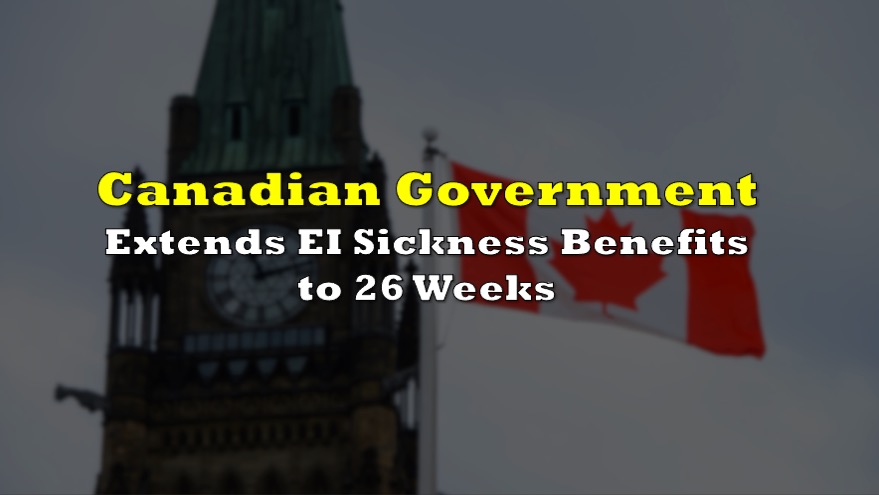Canada’s GDP showed signs of a modest rebound during the summer, as the lifting of Covid-19 restrictions prompted consumers to embark on spending in the services sector.
Following an increase of 0.6% in June, Canada’s economic output slumped 0.1% in July against forecasts of a 0.2% decline, bringing total economic activity just 2% below pre-pandemic levels of February 2020. Out of the 20 industrial sectors making up Canada’s economy, 13 of them reported growth, particularly the accommodation and food services sector.

The accommodation and food services sector was up 12.5% in July, marking the second consecutive month of double-digit gains. Similarly, the arts, entertainment and recreation sector rose 8.1%, while the transportation and warehousing sector expanded 1.1% in July.

On the other hand, though, extreme heat and drought conditions across Western Canada significantly affected the country’s annual crop production estimates, causing the agriculture, forestry, fishing, and hunting sector to decline 5.5%. Crop production (aside from cannabis), was down 13.2% in July to the lowest level since 2007, while the forestry and logging subsector slumped 3.9% as forest fires in British Columbia affected production activity.
Canada’s construction sector continued to drop for the third consecutive month, largely due to a decline in residential construction. Wholesale trade was also down in July, falling 1.9%, while the manufacturing sector weakened 1.1%.
However, despite July’s overall modest decline, GDP levels rebounded 0.7% in August, suggesting the economy was on a path to recovery over the summer months. With many businesses reopening across the country, and a strong vaccine uptake at the beginning of summer, consumption was bale to rebound strongly across the country.
However, despite August’s promising rebound, the rapidly spreading delta variant threatens to avert the revival in consumption, and prompt the reintroduction of public health measures. Even though the economy positively expanded in August, it will likely not be enough to meet the Bank of Canada’s target of 7.3% annualized growth in the third quarter.
Based on the latest data published by Statistics Canada, Bloomberg forecasts that quarterly GDP levels will hit an annualized 3% ahead of the central bank’s October 27 policy meeting, where it is widely expected that asset purchases will fall to a pace of $1 billion per week. Following the statistics agency’s report, the Canadian dollar remained little changed at around $1.26 per US dollar.

Information for this briefing was found via Statistics Canada and Bloomberg. The author has no securities or affiliations related to this organization. Not a recommendation to buy or sell. Always do additional research and consult a professional before purchasing a security. The author holds no licenses.









